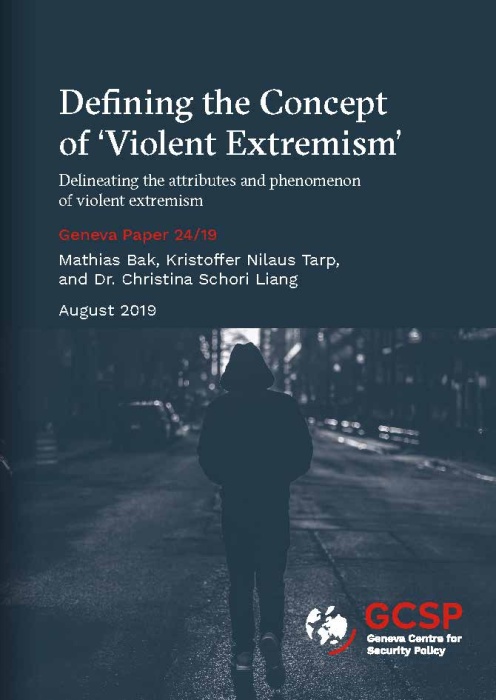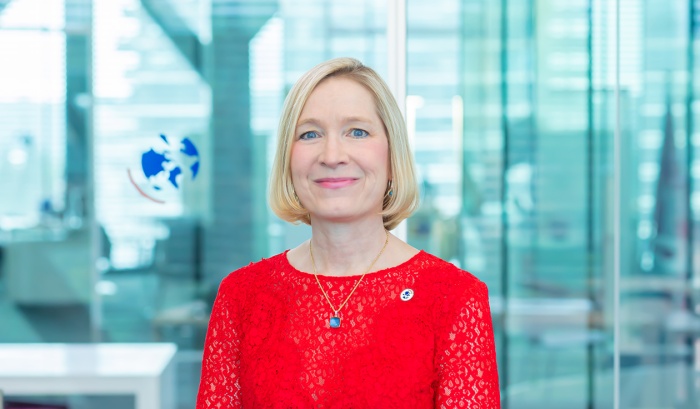Defining the Concept of ‘Violent Extremism’
Delineating the attributes and phenomenon of violent extremism
During the last few decades, the concept of violent extremism (VE) has played an increasingly prominent role in policies and development programming on a global level. Having gone through several incarnations, the current focus for most actors deals with preventing and countering violent extremism. This terminology was constructed in an effort to repackage the Global War on Terror (GWOT) in a manner that shifted the focus away from the over-militarised responses of the 90s and early 2000s, to methods linked to social support and prevention. Where counterterrorism focuses on countering terrorists through physical means, the Preventing and Countering Violent Extremism (P/CVE) approach aims to prevent the rise of violent extremist organisations (VEOs) through less militarised methods. P/CVE programs therefore aim at developing resilience among communities that may be prone to violent extremism.
According to the 2015 UN Plan of Action to Prevent Violent Extremism, such interventions aim to address the root causes and drivers of violent extremism, which often include: socio-economic issues; discrimination; marginalization; poor governance; human rights violations; remnants of violent conflict; collective grievances; and other psychological factors.1 The concept of violent extremism has also become increasingly mainstream in the international community, with both the UN Security Council (UNSC 2014)2 and the UN General Assembly3 (UNGA 2015) calling for member states to address VE.



